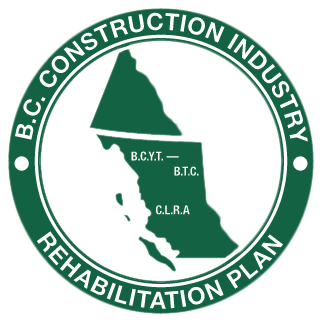Take-Home Naloxone Kits – Program Expansion
Vancouver Coastal Health expands take-home naloxone program to UBC
Overdose-reversing naloxone kits are now available at the University of British Columbia hospital’s emergency department and Student Health Services.
By: Matt Kieltyka Metro Published on
Overdose-reversing naloxone kits are now available for students at the University of British Columbia.
Vancouver Coastal Health has been rolling out its take-home naloxone program as the province is in the midst of a fentanyl-fueled public health emergency that’s killed 555 people in B.C. as of the end of September.
The university hospital’s emergency department and Student Health Services are the latest VCH facilities where naloxone is now being given out.
The UBC hospital has responded to eight illicit drug overdoses so far this year.
“It’s important for anyone that uses illicit drugs to recognize an overdose and to respond to one if they need to,” VCH medical health officer Dr. Reka Gustafson told Metro. “[Naloxone kits] are by no means the only solution to our overdose crisis but it is our most immediate and currently available solution. There is a good reason that we’re making it a priority.”
To date, the health authority has distributed more than 2,600 naloxone kits.
The life-saving drug, which is injected into a person to reverse the effects of an opioid overdose, are available most emergency departments and 62 other sites across the VCH region.
Gustafson says the health authority has focused on emergency departments because 75 per cent of the people who suffer a severe overdose have either recently been to an ER or end up there.
“We do now have data that supports the notion that providing the service in in the emergency department would be reaching people at high risk of an overdose,” she said.
Vancouver Coastal Health also plans to open as many as five new supervised injection sites in response to the crisis.
The region’s response to the public health emergency appears to be paying off somewhat, at least in Vancouver, where the number of deaths this year has stabilized while they continue to grow in other cities and parts of B.C.
“We would really like to know which of the interventions is making a difference,” said Gustafson. “What we can say for certain is that our deaths within Vancouver Coastal Health have stabilized. But we want to make sure we continue to respond to this very strongly. Even stabilizing it at 110 [deaths] to date continues to be a very, very major problem for us.”
